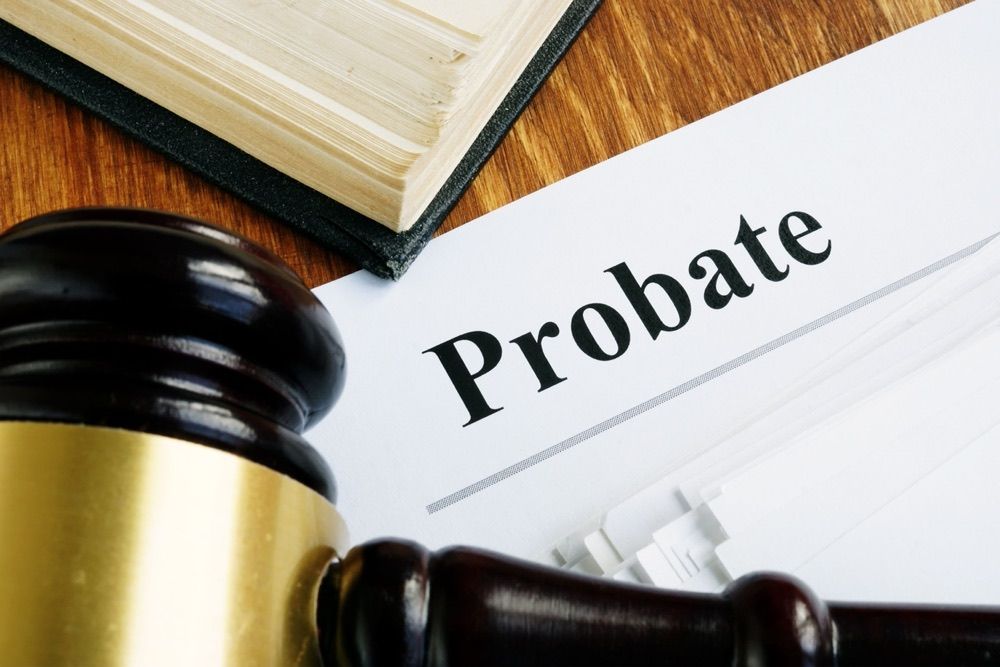Understanding the Probate Process in Rural Texas
The probate process in rural Texas can be intricate, involving various steps that differ from urban areas. Understanding these steps is crucial for individuals navigating the probate system, as it often includes unique local regulations and court procedures.
In rural Texas, the process typically begins with filing an application for probate in the local court. This may include submitting the deceased's will, if available, and providing necessary documentation such as death certificates. Local customs and practices can also influence timelines and requirements, making it essential to consult with a knowledgeable attorney familiar with rural probate laws.
Common Challenges in Rural Probate Cases
Rural probate cases can present unique challenges that differ significantly from those encountered in urban settings. These challenges often stem from limited resources, fewer legal professionals, and varying court practices across counties.
For instance, rural areas may experience delays in court proceedings due to fewer available judges or clerks, leading to prolonged probate timelines. Additionally, issues such as property valuation and asset distribution can be complicated by geographical factors and local market conditions, necessitating specialized legal guidance.
Resources for Navigating Rural Probate in Texas
There are numerous resources available for individuals dealing with probate issues in rural Texas. These resources can provide valuable information and support to help clients make informed decisions throughout the probate process.
Local bar associations, legal aid organizations, and online platforms often offer guides, checklists, and workshops tailored to rural probate matters. Additionally, consulting with an experienced probate attorney can help individuals access these resources effectively and ensure they are well-informed about their rights and options.
The Role of an Attorney in Rural Probate Cases
Engaging an attorney is crucial for navigating the complexities of probate law, especially in rural Texas. An experienced probate attorney can provide essential guidance, ensuring that all legal requirements are met and that the process runs smoothly.
Attorneys specializing in probate law can assist with various tasks, including filing necessary documents, representing clients in court, and advising on estate administration. Their expertise is particularly valuable in rural areas, where local laws may differ and where clients may face unique challenges related to property and asset distribution.

